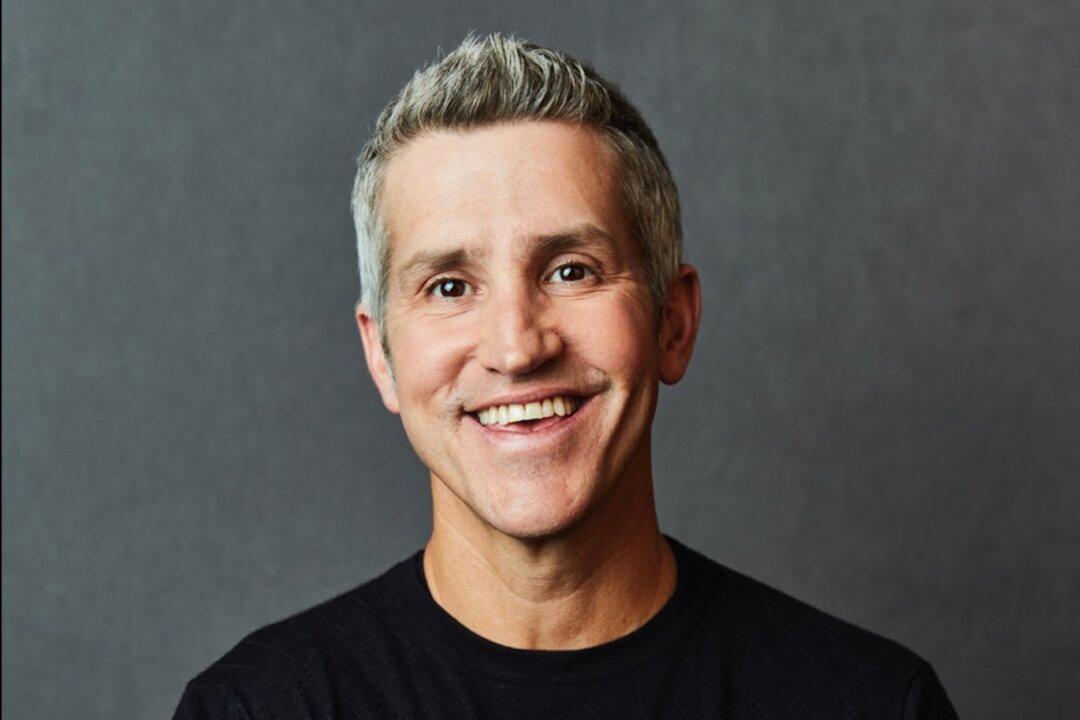Sharing a story about how he wasted away his college years and then spent much of his early career jumping from job to job not knowing what he wanted to do, Jon Acuff wants more people to take advantage of their time to do the things that fulfill them the most. He has written nine books on self-improvement and goal-setting. His latest, “All It Takes Is A Goal,” provides a clear blueprint for people to achieve small, measurable steps toward the things that are the most rewarding to them. Acuff has amassed a large community over the years; he has tested out his ideas with his Facebook group of about 20,000 people. He also conducted a survey with the help of a professor at Middle Tennessee State University, in which 3,000 participants were asked about reaching their potential.
This interview has been edited for clarity and brevity.American Essence: What are the greatest obstacles keeping people from heading toward their goals?
Mr. Jon Acuff: Fear, perfectionism, lack of time, busyness—those are the most common obstacles, if you will. The one I mentioned in the book—they think they have to know exactly what they’re going to do—so that’s what I call the vision wall of, “I have to know exactly my plan.” And they think, “I can’t just go along.” And the example I was used as entrepreneurs. Every entrepreneur right now is taught, you have to know your niche. You have to know your niche, your perfect audience. But that would be like saying to somebody who’s never eaten food, what’s your favorite meal? If they’ve been taught that they have to know exactly where they’re going before they start, they never start.






